Philip Gulley is the author of 16 books to date, including the popular fictional series based in Harmony, Indiana. Phil's latest is If the Church Were Christian: Rediscovering the Values of Jesus, and it is a powerful challange to the anti-gay, pro-war, pro-wealth messages of Christians out of step with Jesus.
Music featured:
Follow Me - Bryan Sirchio
Who Would Jesus Bomb - David Rovics
When Jesus Was a Kid - Peter Alsop

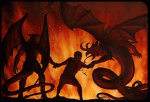
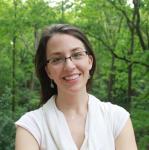
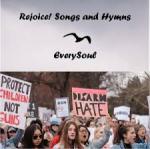
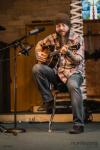
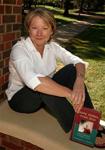
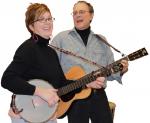
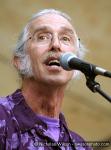
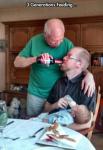
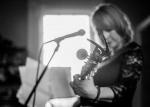
Add new comment